David O’Sullivan, Special Envoy EU on sanctions, argues that sanctions restrictions make it more difficult for Russia to fight a war in Ukraine and reduce its ability to continue it.
IN conversation with Euronews, he notes that the European Union is now intensifying its fight against the re-export of its products to the Russian Federation. Russia is subject to sanctions, imposed largely on it for its invasion of Ukraine, more than any other country in the world. However, despite the ban, some goods that are important for it continue to flow into the Russian Federation – cars, household appliances, including microwave ovens, washing machines and dishwashers, as well as microcircuits that are used to make drones. And even ammunition and military equipment, which then reach the front in Ukraine.
The EU suspects that such supplies are carried out by companies in countries that have not approved restrictive measures against Moscow, for example, Kazakhstan, Turkey, Armenia and China. David O’Sullivan is trying through diplomatic efforts to ensure that such countries do not bypass Western sanctions:
“I think we have to be realistic. There is and always will be a certain degree of sanctions circumvention. There is money to be made from this. Many of the products listed were previously sold to other countries and ended up in some way on the free market. In my opinion, our main task is “It’s about making it harder, slower, and more expensive for Russia to get around these products. Every time we block one route, a new loophole is created. I think our goal is to gradually make it harder, slower, and much more expensive procurement of all this for Russia.”
The EU Special Envoy admitted that it is unlikely that it will be possible to completely isolate the Russian Federation from foreign markets. He considers it very important for the West to prevent it from receiving dual-use items:
“What I mean is that there are things that, under normal circumstances, have completely innocent civilian uses. They are made mainly with US and EU technology. They are not easy to reproduce in other countries. It is difficult for Russia to get them, since we stopped exporting them, and now we are persuading intermediary countries to no longer re-export them to Russia. We are seeing some evidence that this is becoming much more difficult. Russia is having to use substitute products, sometimes of Chinese origin and, frankly, of inferior quality. This gives the Ukrainian military a certain technological advantage on the battlefield.”
David O’Sullivan insists that restrictive measures are working and are gradually reducing the Russian Federation’s ability to continue its aggression against Ukraine. However, he warns that it will take a lot of time and effort before sanctions will lead to an end to the war.
Since the start of the war, the EU has introduced 11 packages of sanctions against Moscow. However, the bloc suspects that everyday EU products, including components used to make drones, missiles and artillery shells, are being re-exported through countries on Russia’s periphery. Assisting in circumventing EU sanctions is a criminal offence. In September, an employee of the Dutch Ministry of Defense was detained on suspicion of this.
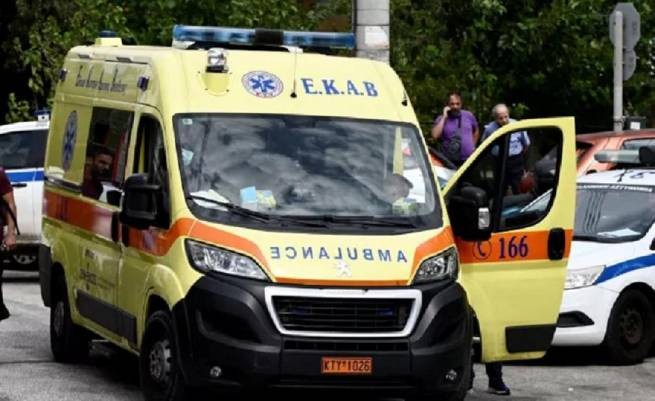
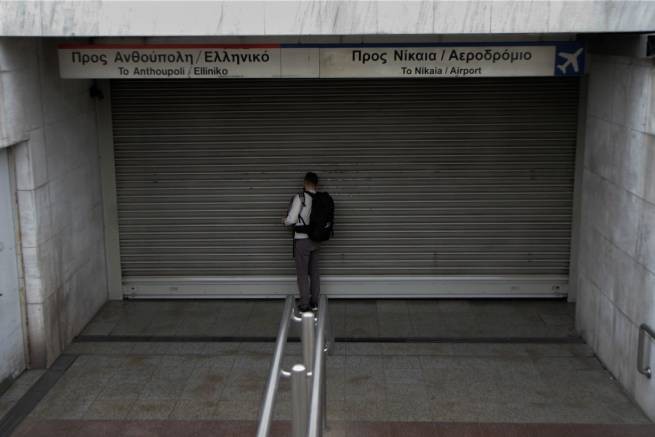
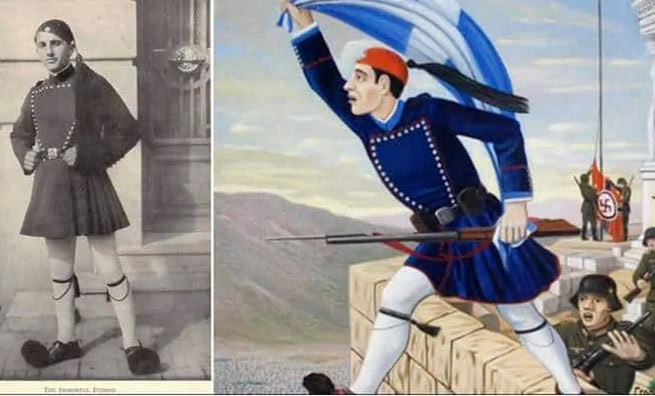

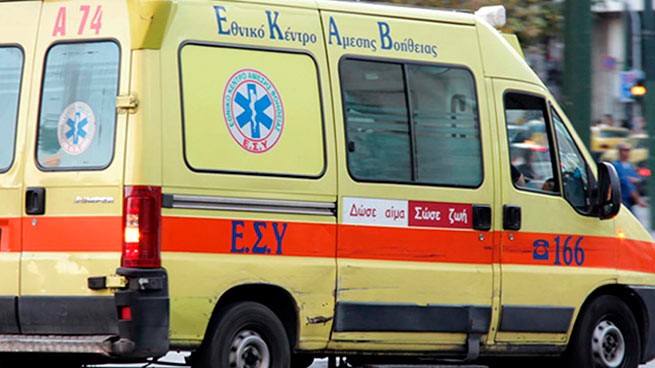
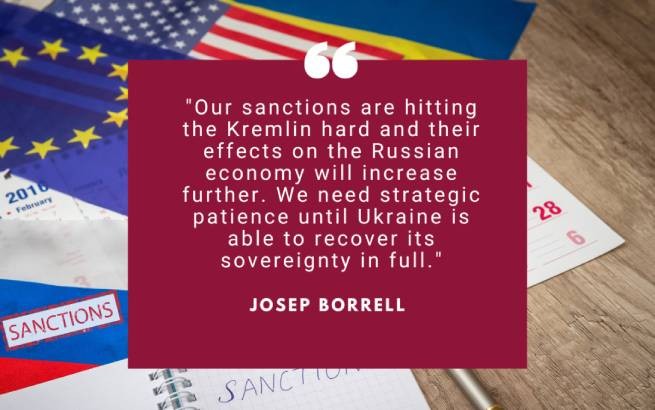

More Stories
Union of Judges: “People’s courts were created against us with the loyal attitude of the government”
Borrell: "Europeans will not go to die for Donbass, but they could help Ukrainians stop dying for Donbass"
Court in the Mati case: “10 euros a day is the price of the lives of our children”